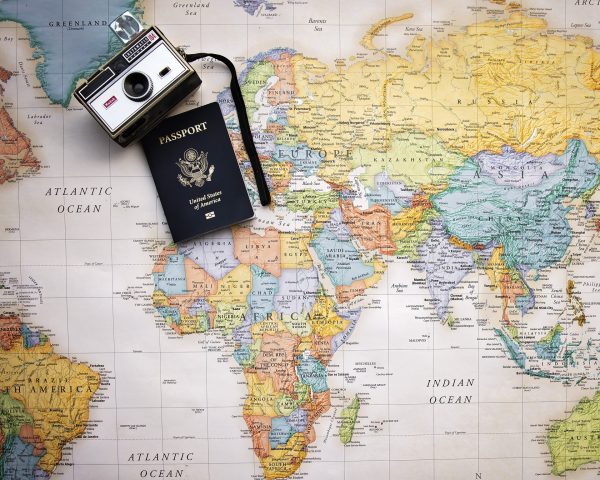Beware Back to School Scams
Whether you’re a college student prepping for the fall semester, a high school student getting ready for a new school year or the parent of a student of any age, beware of these trending back-to-school scams!
The student tax scam
In this scam, a crook posing as the IRS calls a college-bound student claiming they didn’t pay the student tax. If it is not paid up and pronto, the “agent” says, the student will not be allowed to attend school. They may even threaten imprisonment.
Don’t get scammed! First, know that the “student tax” doesn’t exist. Second, the IRS will never initiate contact with a taxpayer through a phone call. Finally, the IRS will never demand payment through a prepaid debit card or wire transfer, which is a common scammer ploy.
Scholarship scams
The scholarship scam cons students and parents into paying money for government student loans or financial aid, or by promising a scholarship in exchange for a fee. Follow these rules to stay safe:
- Never pay to apply for a government student loan or financial aid.
- There’s no way to guarantee a scholarship or grant. If a company promises to get you approved for either one, it’s a scam.
- There is generally no fee necessary to receive a scholarship.
School supply giveaways and freebies
Back-to-school shopping can cost a bundle. Messages promising a free back-to-school shopping spree can be welcomed if they’re legit. Unfortunately, they rarely are.
Back-to-school giveaway scams ask the victim to visit a website to provide their email address for claiming their prize. The victim is then rewarded with an endless stream of emails, texts, robocalls and more from the company that now has their information, with no giveaway in sight. In some cases, the scammer may demand a “processing fee” before the victim can claim their prize.
Protecting yourself from a giveaway scam is easy by remembering that, if it sounds too good to be true, it probably is. Also, legitimate contests will rarely select a winner out of thin air; you’ll have to enter it first by providing your email address. They are also not likely to make you give up lots of info before claiming your prize. Finally, there is generally no payment necessary for claiming an authentic prize.
Follow the tips outlined above for this back to school season and stay safe!







